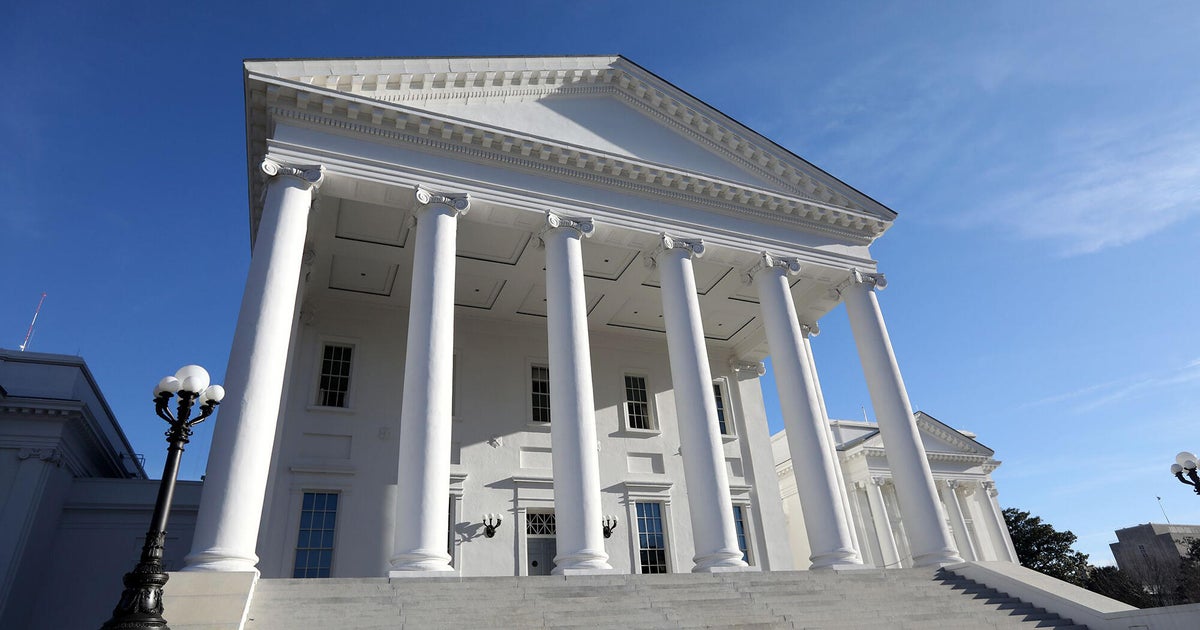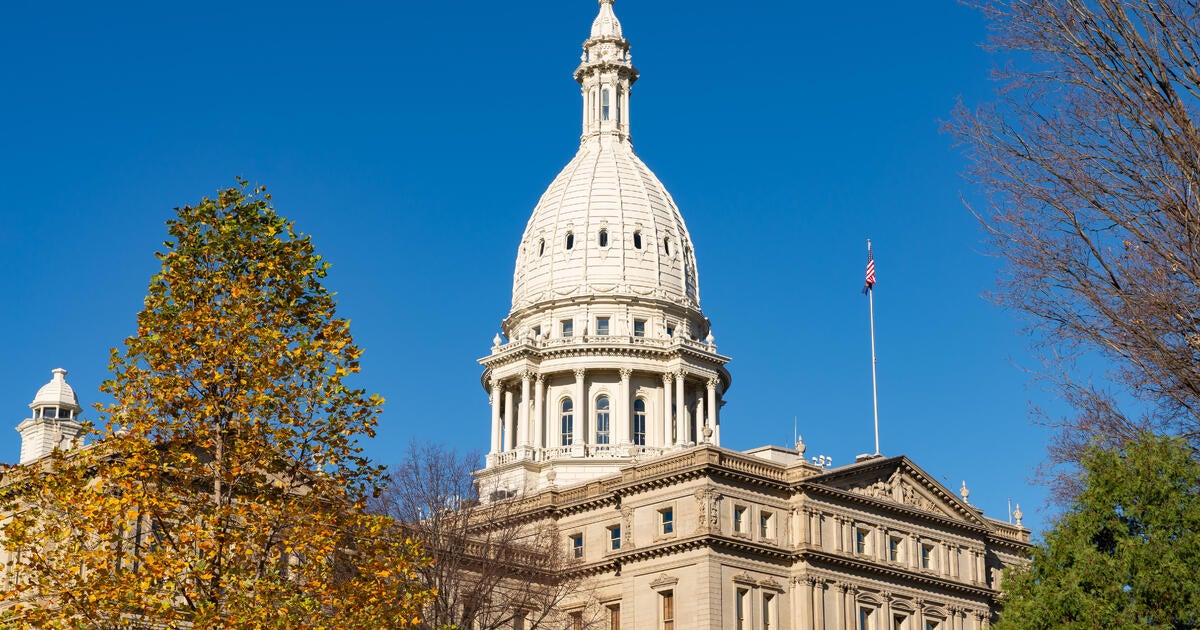How the 14th Amendment factors into the debt ceiling debate
(CNN) — As negotiations over addressing the US debt ceiling continue and the threat of default draws closer, President Joe Biden has resurfaced the controversial idea of using the 14th Amendment as a way to lift the borrowing cap without Congress.
Biden has said he doesn't consider the move an imminent solution, but several liberal lawmakers in both chambers are pushing him to invoke the amendment rather than give in to Republican demands to cut spending and tighten work requirements, among others. Sens. Bernie Sanders of Vermont and Elizabeth Warren of Massachusetts are among 11 senators who are urging the president to take advantage of the amendment to avoid the US defaulting on its debt.
Section 4 of the 14th Amendment
How could a 145-year-old change to the US Constitution that gave citizenship to former slaves serve as a path out of the debt ceiling drama? Government officials and legal authorities are divided over whether it does.
Some experts, including Laurence H. Tribe of Harvard Law School, point to Section 4 of the amendment as the basis of their argument that the president has the authority to order the nation's debts be paid regardless of the debt limit Congress put in place more than 100 years ago.
"The validity of the public debt of the United States, authorized by law, including debts incurred for payment of pensions and bounties for services in suppressing insurrection or rebellion, shall not be questioned," reads the section, which refers to the debt incurred by the Union to fight the Civil War.
Lawmakers who crafted the amendment are very strongly saying that once the US borrows money, it has to pay it back, said Garrett Epps, a constitutional law professor at the University of Oregon. The section was designed to remove debt payments from potential post-war partisan bickering between the North and South, but it also applies to the wide divide between Democrats and Republicans today.
"The federal government is required to pay the debt on time in full," said Epps, who has long supported using this option in the event Congress refuses to raise the debt ceiling.
Legal response likely
Were Biden to invoke the 14th Amendment to allow Treasury to borrow above the debt ceiling to pay the nation's obligations, it would almost certainly prompt a constitutional crisis and swift legal action. The president acknowledged as much, saying that he doesn't think it would solve the current problem.
"I'll be very blunt with you, when we get by this, I'm thinking about taking a look at, months down the road, as to see whether what the court would say about whether or not it does work," Biden said earlier this month after meeting with congressional leaders about the impasse.
Treasury Secretary Janet Yellen, who has warned lawmakers that the government may default on its obligations as soon as June 1, also poured cold water on the idea.
"There would clearly be litigation around that. It's not a short-run solution," Yellen said at a news conference last week when asked about the 14th Amendment. "It's legally questionable whether or not that's a viable strategy."
She declined to rank where invoking the 14th Amendment would fall in the list of options if Congress failed to act.
"There are choices to be made, if we got into that situation," she said. "But as you think about each possible thing that we could do, the answer is there is no good alternative that will save us from catastrophe. The only reasonable thing is to raise the debt ceiling and to avoid the dreadful consequences that will come if we have to make those choices."
Prior administrations also considered invoking the 14th Amendment but deemed it unworkable. They never had to pursue it since Congress always acted in time.
Doing so, however, would not avoid calling into question the safety of US Treasury securities and would put the nation at risk, former Treasury Secretary Jack Lew, who served in the Obama administration, said at a Council on Foreign Relations event last month.
"It was not meant to be a broad grant of power," he said. "Whether you could come up with a theory that you could convince a court was legitimate, I think it's just a risky thing to do."
Invoking the 14th Amendment would also open the door to potential abuse of presidential power by allowing the executive branch to circumvent Congress, said Philip Wallach, senior fellow at the right-leaning American Enterprise Institute. And it could forever end the ability of lawmakers to negotiate with the president over the debt ceiling.
"Every time you take these actions that empower the president at the expense of Congress and at the expense of the political process, you need to ask yourself, am I going to be happy about the consequences of this the next time, when the other side's party is sitting in the White House?" Wallach said.







